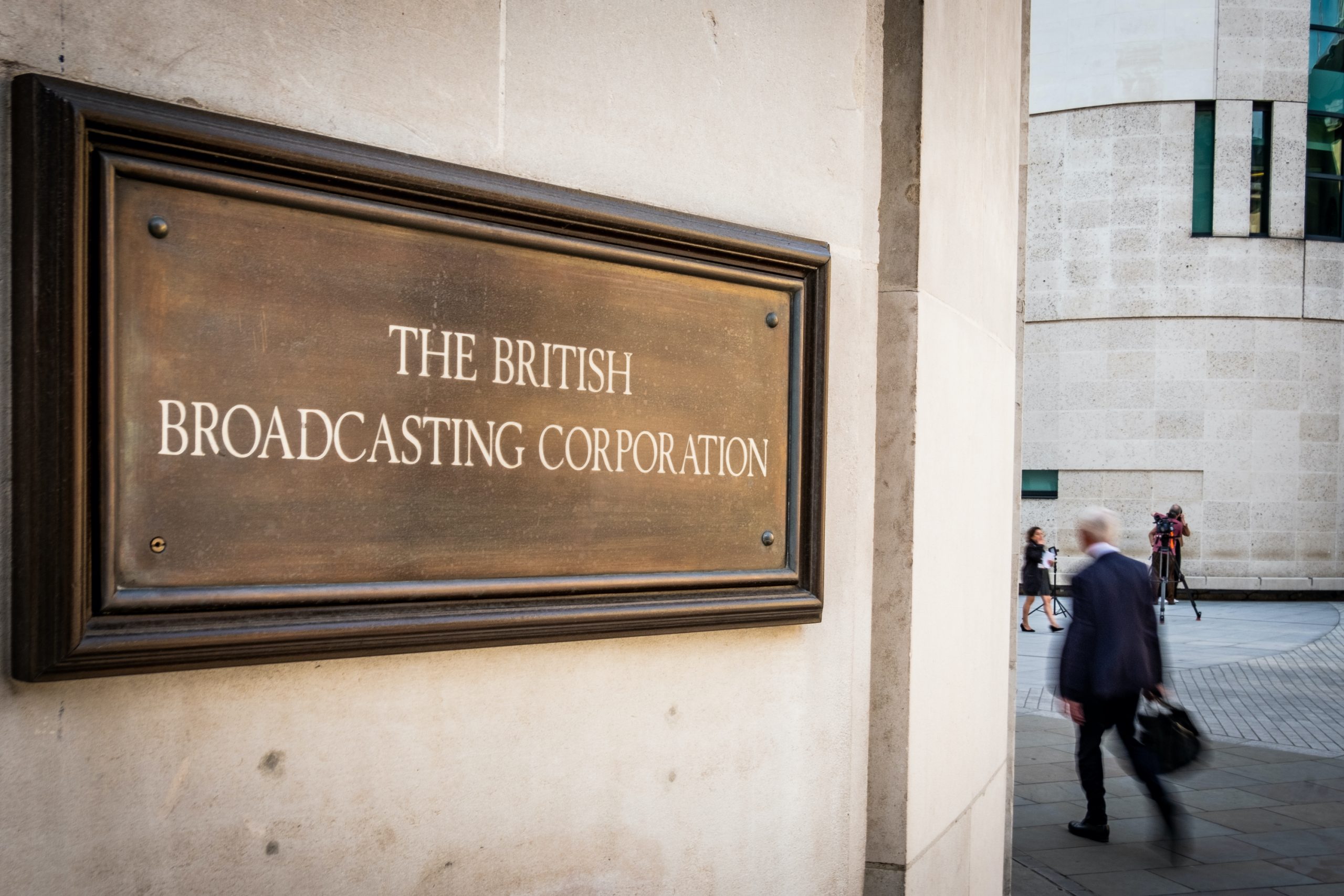The PMA Briefing
Funding reforms enacted, pondered, and needed
15 January 2025
The UK Government is mulling the future of the licence fee while in Japan, a new cohort of citizens will soon have to have to pay. In Chile, a letter has called for financial intervention to save TVN. Elsewhere, both Austria’s ORF and Georgia’s 1TV find themselves at the centre of political challenges.
Austria: ORF’s future hangs in balance
Following the election victory of the far right Freedom Party (FPÖ) in 2024, the public broadcaster ORF has become one of the party’s focal points. Relations between ORF and FPÖ have been tense for years, as the party already imposed a restructure and exerted heavy pressures on its mission back in 2001. Since January, a rumour that a Blue-Black coalition with the right-wing Austrian People’s Party (ÖVP) might be formed has put the ORF on alert.
Both the FPÖ and ÖVP shared the same opposition concerning the house levy put in place in January 2024.
As the two conservative parties announced they plan extensive financial public cutbacks, the ORF has become one of their targets. If the Blue-Black coalition forms a government, significant financial and programme cuts are to be expected at ORF. Further, the FPÖ has promised to abolish the house levy so the public broadcaster would be financed from the budget and shrunk to a “basic broadcaster”.
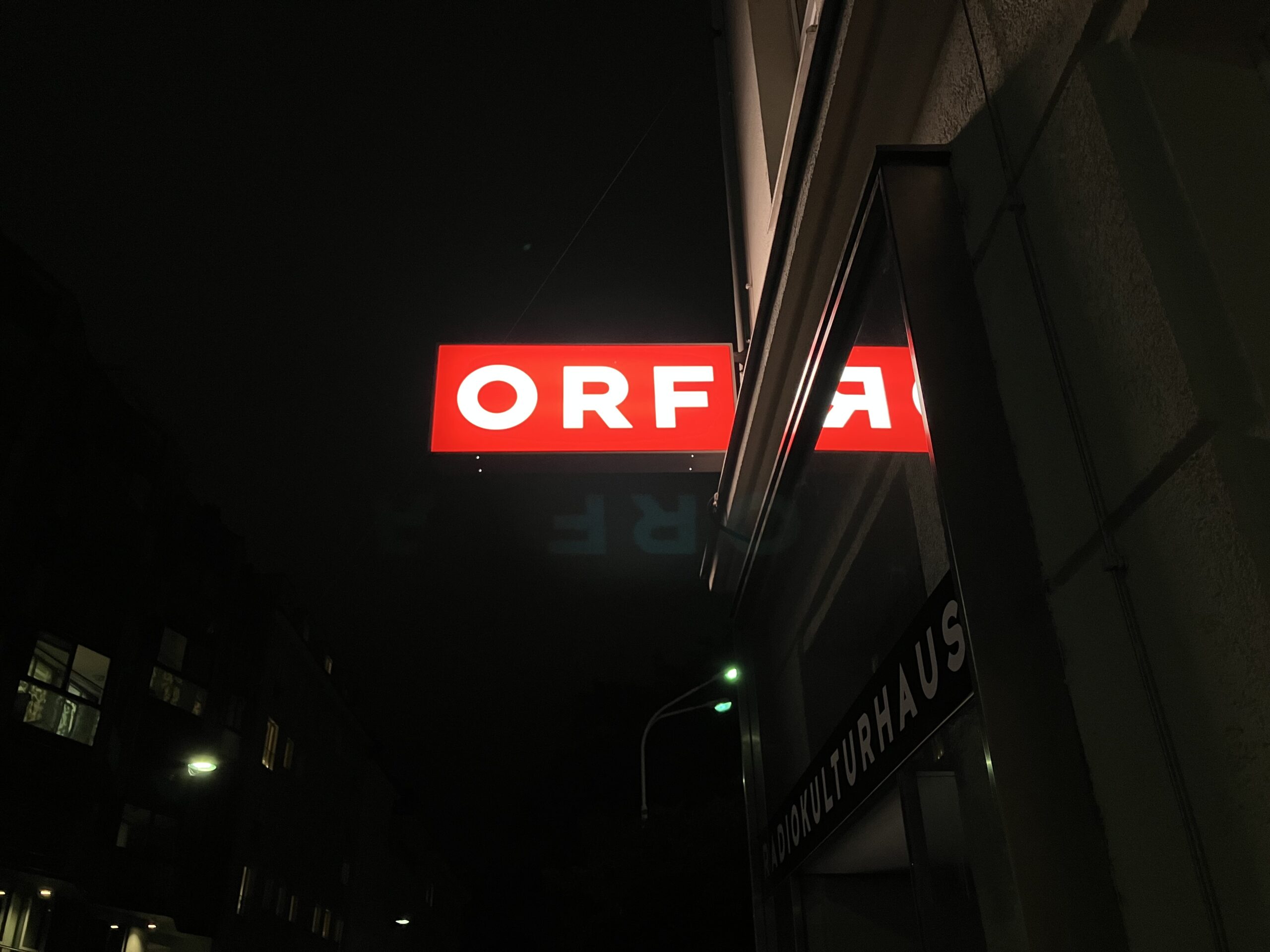
Chile: Calls for TVN to be given lifeline
The financial crisis facing Chile’s public broadcaster TVN has reached a peak, with its very existence now in jeopardy. Last November, TVN’s board Chairman asked for a $24 billion loan backed by the state to maintain its operation until 2026, revealing the dire situation of the public channel.
Subsequently, a group of prominent people have now intervened. The former President of the National Television Council, Patricia Politzer, joined by several journalists and personalities have issued a letter to the Congress, urging them to address the situation and ensure the broadcaster can continue fulfilling its public mission. They argued that the debate around the future of TVN did not only concern the company but also the type of democracy the government envisions for Chile.

Subscribe toour newsletter
Keep updated with the latest public
media news from around the world
Israel: Bill to privatise KAN blocked
A bill that sought to sell off Israel’s public broadcaster, KAN, has been shelved, after an intervention from MK David Bitan. Bitan – a member of the Prime Minister Benjamin Netanyahu’s ruling party, Likud, and Chairman of the Knesset Economic Committee – said, “I can’t advance this bill for a simple reason — public broadcasting is necessary. … There has always been public broadcasting in Israel, so in terms of canceling the public broadcaster, I’m not in favor.”
The highly controversial bill had sought to privatise KAN, but has faced significant opposition since its introduction from groups including the European Broadcasting Union.
However, a bill which would see funding for KAN brought directly under government control, will progress. The EBU warned such a move would risk the erosion of the broadcaster’s financial and editorial independence.
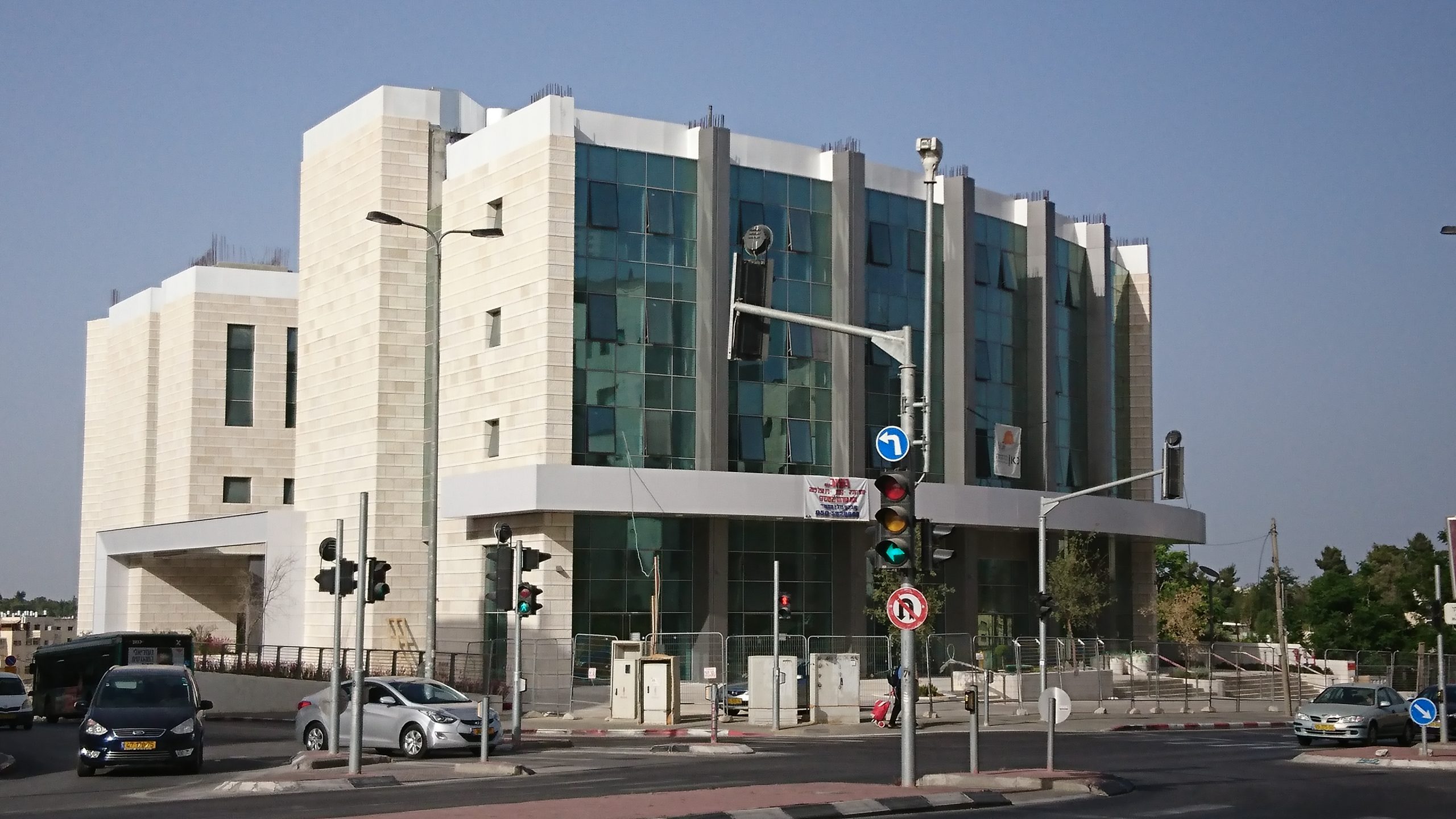
Georgia: 1TV calls for independence to be respected
For more than a month now, Georgia has been locked in a protracted political crisis, with the streets of many cities seized by protests over the disputed outcome of October’s elections and moves to suspend negotiations to join the European Union.
The subsequent crackdown included an erosion of press freedom, with journalists facing violence, threats, and arbitrary detention, according to many media freedom organisations.
Pressure has also been brought upon the public broadcaster, TV1. In mid-December, the broadcaster said it “found itself in a difficult situation” and was being asked “to deny its fundamental essence, violate the law, and turn into a party.” On 29 December, protesters blockaded its headquarters on 29 December, demanding the company’s management step down. They said the network’s coverage had been sympathetic to the new government of the Georgian Dream party, something it denied.
In an unattributed statement last week, TV1 named the pro-EU former president, Salome Zurabishvili, who has been a figurehead of the protest movement, specifically, and accused her of “showing particular aggression towards the Public Broadcaster, who deliberately spreads disinformation in order to discredit the channel, including in such an important space as, for example, the European Parliament.” It said it was concerned about “systematic attacks” and interference in its editorial independence amid what it called a “tense” political environment.
“The Public Broadcaster belongs to the entire society; no political or public group has the right to monopolize it or close it to others,” its read.

Japan: Collection fee change for NHK
A new cohort of citizens will now have to pay the NHK Receiving Fee, after changes made to the Broadcasting Act in May 2024 come into effect this year.
Anyone with a smartphone or computer used to stream NHK content will now have to pay a 1,100 yen monthly Receiving Fee. This is the same amount as the current terrestrial fee, while a terrestrial and satellite contract is 1,950 yen per month. .
According to Unseen Japan, this amendment will see an additional 100 million yen added to NHK’s books. It follows a wider trend of countries update their licence fee models to include audiences who use digital devices for public media content.
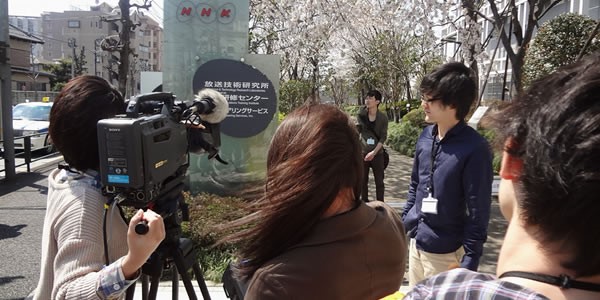
Nepal: New broadcaster launches
Nepal’s new public broadcaster, PSB Nepal, is hosting a pre-launch event this week, to mark the merging of the two separate divisions, Radio Nepal and Nepal Television. An inauguration event is being streamed online, and will feature speakers from across the global public media industry discussing best practices.
“The discussions will cover a wide range of topics, from the international experiences of PSB to the role of technology in modern broadcasting,” said Mahendra Bista, Chairman of PSB Nepal. “We are confident that this event to be held in both Nepal Television and Radio Nepal premises will help us develop a robust long-term plan for the PSB.”
The Public Service Broadcasting Act was adopted last year. The pre-launch event will be available on all linear and digital platforms.
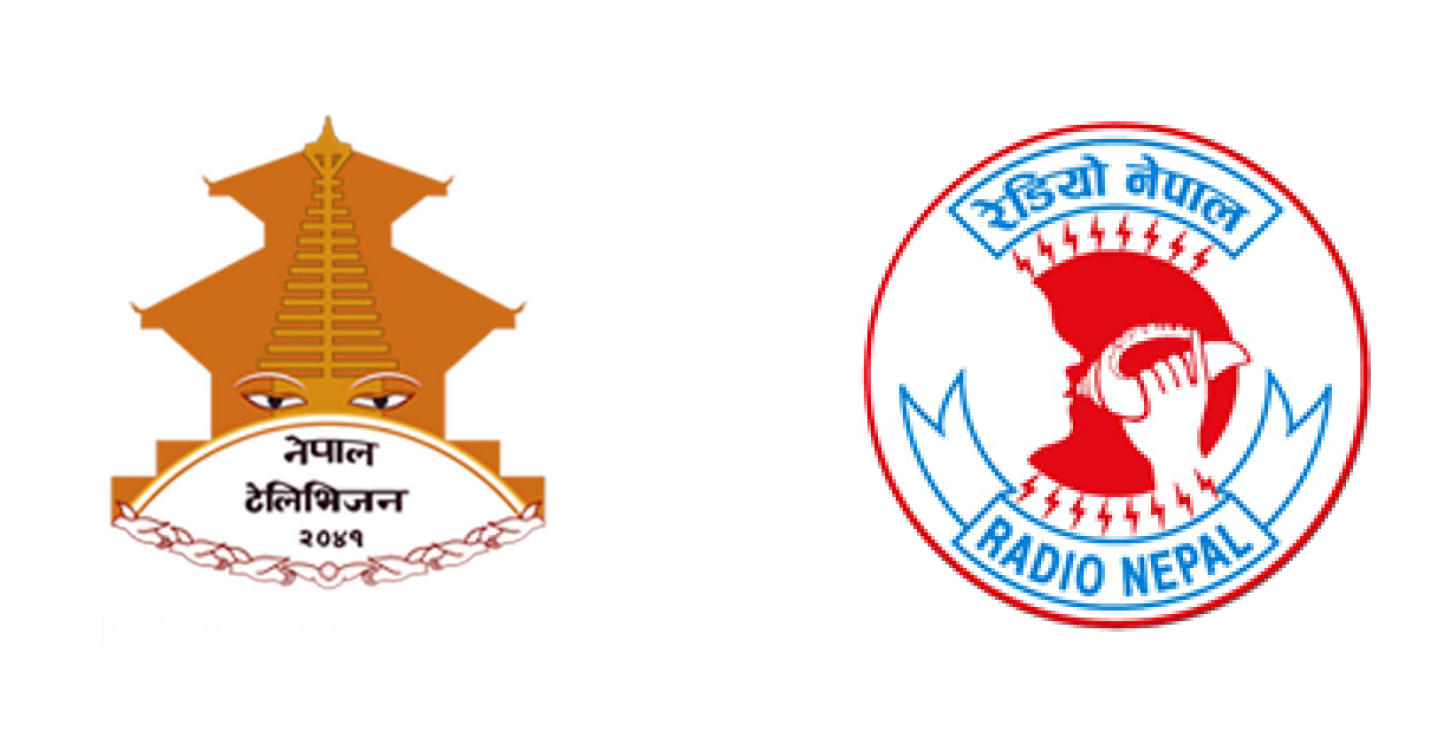
South Africa: SABC Bill standoff persists into the new year
A standoff over the SABC bill within the South African parliament has continued into the new year. The long-standing legislation was introduced in 2023 to replace the 1999 Broadcasting Act and aimed to provide a new sustainable funding model for the public broadcaster.
Tensions started following Communications Minister Malatsi’s decision to withdraw the SABC bill in November 2024. However, despite Malatsi’s attempt to withdraw the SABC bill, the legislation is still standing before the House of Parliament, although there is significant confusion surrounding it.
According to Malatsi, the bill should be removed as it does not achieve its original intent. His decision drew criticism and political backlash.
The parliament’s communications chairperson, Khusela Diko has heavily criticised Malatsi’s decision to quash rather than refine the bill.The former Communication Minister said it was “a mistake to undo the years of work that led to this point”.
Despite the National Congress rejecting the withdrawal of the SABC bill, members of the government and media experts supported Malatsi’s action, sharing his concerns that the bill did not create a credible and sustainable funding model for the SABC and did not offer new ideas for the broadcaster to wave through their perpetual crisis. “We believe that this withdrawal will allow the audio and audiovisual content policy to be finalised before the SABC Bill is presented to Parliament,” said Uyanda Siyotula, the national coordinator of the SOS Support Public Broadcasting coalition.

UK: Gov’t mulls BBC reform
The UK government is reportedly considering a change in how the BBC is owned and funded. A report in The Sunday Times outlined potential plans by the Culture Secretary, Lisa Nandy, to end the BBC’s licence fee model, in favour of funding the broadcaster through general taxation. How to fund the BBC was the subject of a review set up by the previous Conservative government, but which was axed when Labour came to power. The Charter review process, to be launched this year, will instead consider the funding question.
Nandy is reportedly also mulling a change in ownership structure where it would become a mutual company, owned by the public. It could mean more public involvement in BBC decisions, and maybe representation at board level.
For the world’s largest public media organisation, these proposals present an enormous shift. If the funding were to be moved into the government budget, it would represent a closer alignment with government decisions, and could possibly leave the BBC vulnerable to political interference.
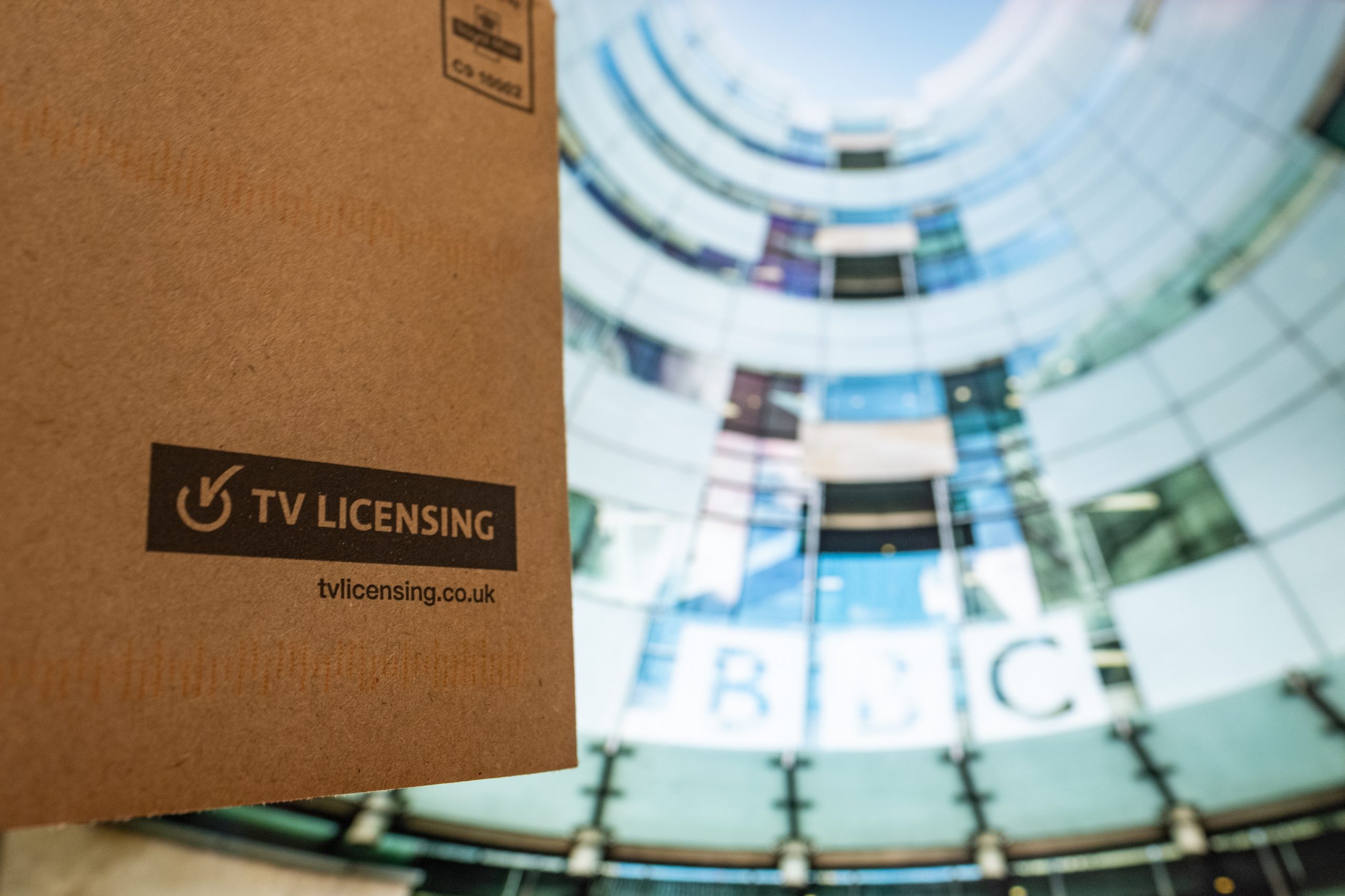
Related Posts
21st November 2024
Turmoil and uncertainty after SABC Bill withdrawn
While the legality of the withdrawal by…
23rd October 2024
BBC & Channel 4: The future of the UK’s public service media
While Channel 4 has been given a new…


